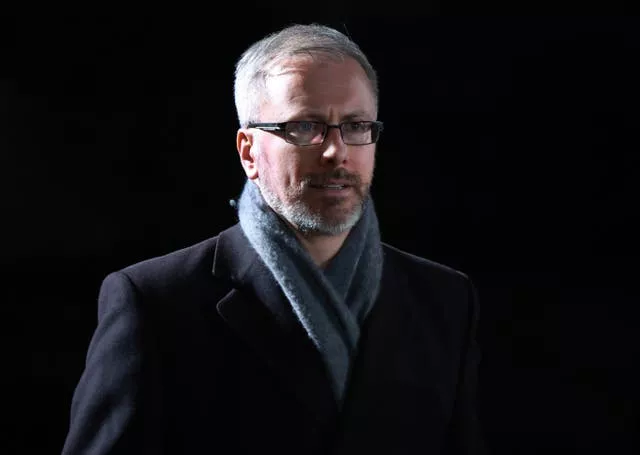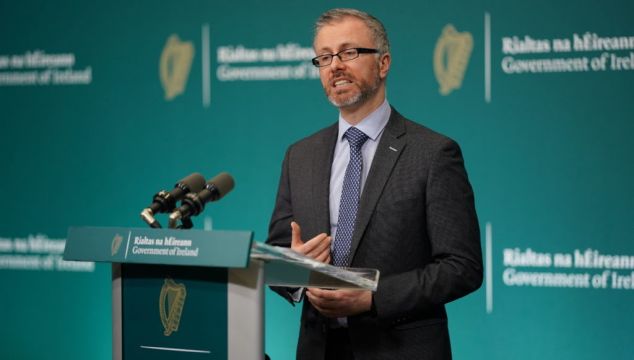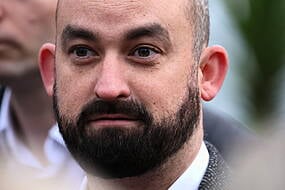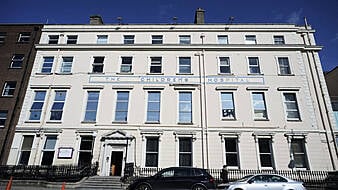Politicians have condemned recent arson attacks around the country during a Dáil debate as “violent extremism” and a form of “domestic terrorism”.
Minister for Equality, Roderic O’Gorman said that debating policy was a normal part of the democratic process, but that the recent attacks were “the very antithesis of the democratic process” as they attempted to derail “the normal functioning of this state”.
Ministers warned that arson attacks had put the lives of people at risk, including the lives of firefighters and other emergency workers who respond to blazes.

“This is violent extremism, and it’s been drip-fed by a feed of disinformation, a feed of misinformation with the results that people, homes and communities are being actively put at risk,” Mr O’Gorman told the Dáil.
He said that accommodation planned for Irish people who are homeless and buildings with no connection with the State at all had been attacked, as well as buildings earmarked for refugees and asylum seekers.
“The people who are taking these actions claim to be patriots, they wave our flag, yet they’re literally burning down parts of our country that they claim to love, and they are putting at risk the communities that they claim to be protecting,” he added.
“Violence and the threat of it, the destruction of property, the risk to life – these are people who care nothing about communities in this country. They don’t care about the truth. They only care about advancing a very narrow and dangerous ideology, whatever the cost.”

Minister for Justice, Helen McEntee told the Dáil: “Nobody has the right to set fire to somebody else’s property. To do so or to support those who do this is an extremely serious criminal matter.”
She said that she was proud to live in a country where there was a right to peaceful protest and that in 2023, 800 protests were policed by Gardai.
But she added: “No one has the right to cause damage to property, to cause fear or to threaten public order.”
In relation to the Dublin riots in November, 450 business premises had been visited by Gardaí to find out what impact the disorder had on their business, and 48 arrests had been made so far.
She also said her department is carrying out “significant work in an effort to protect young people against becoming seduced and radicalised by extremist elements online”.
Sinn Féin TD Martin Kenny said he understands the measures taken by the government, but said that the government also has a responsibility to not create “a fertile ground for this stuff to grow”.
Labour's Aodhan O’Riordain said that “somebody is going to die, it’s inevitable”, and claimed that the issue was “domestic terrorism”.
“This is an epidemic, in any other language, in any other country, this is terrorism.”
“This is domestic terrorism, this is people taking the law into their own hands, and if this isn’t stopped and arrested, somebody is going to die.”

Social Democrats TD Catherine Murphy said it was “obvious” that there was a “degree of organising here” and that the social media giants should be forced to act on coordination taking place online.
Gino Kenny said that people come to this country to better their lives and contribute to society, and “there’s nothing wrong with that”.
“It’s important that we stand up to this kind of poison,” he told the Dáil.
He highlighted a Stand Together protest that is organised for Saturday at 1.30pm to oppose hate and division.







